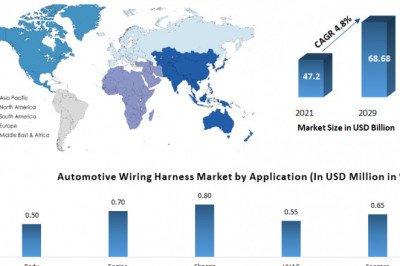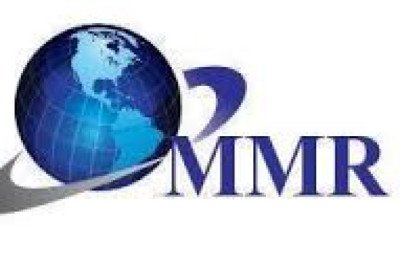
views
Monkeypox is a rare but potentially serious viral disease that is caused by the monkeypox virus (MPXV). The disease is endemic in Central and West African countries, with occasional outbreaks occurring outside these regions. The disease is similar to smallpox, but less severe, with symptoms including fever, rash, and lesions on the skin. Monkeypox can be fatal in some cases, particularly in individuals with weakened immune systems. There is currently no specific treatment for monkeypox, and management of the disease is mainly supportive.
The development of effective vaccines against monkeypox is crucial for preventing outbreaks and reducing the impact of the disease on public health. In recent years, there have been significant developments in the monkeypox vaccine market, including the following current trends and future outlook:
-
Increased Funding for Research and Development: With the rise of monkeypox outbreaks in recent years, there has been an increase in funding for research and development of monkeypox vaccines. Governments, international organizations, and private foundations have invested significant resources in the development of new vaccines and therapies for the disease.
-
Advances in Vaccine Technology: Advances in vaccine technology have enabled the development of more effective and safer monkeypox vaccines. Some of the new technologies being used in monkeypox vaccine development include viral vectors, DNA vaccines, and protein subunit vaccines.
-
Expansion of Clinical Trials: There has been an increase in the number of clinical trials for monkeypox vaccines in recent years. These trials are aimed at evaluating the safety and efficacy of different vaccine candidates and determining the optimal dosing and administration schedules.
-
Growing Market Demand: The growing market demand for monkeypox vaccines is driving the development of new vaccines and increasing the availability of existing ones. Governments and public health organizations are increasingly recognizing the importance of monkeypox vaccination as a key public health measure.
-
Collaborations and Partnerships: Collaborations and partnerships between pharmaceutical companies, research institutions, and public health organizations are driving the development of new monkeypox vaccines. These partnerships enable the sharing of knowledge, expertise, and resources to accelerate vaccine development and improve the chances of success.
The future outlook for the monkeypox vaccine market is positive, with continued investment in research and development, advances in vaccine technology, and growing market demand. The following factors are likely to shape the future of the monkeypox vaccine market:
-
Emerging Threats: The emergence of new monkeypox strains and the possibility of monkeypox outbreaks outside endemic regions are likely to drive the development of new vaccines and increase demand for existing ones.
-
Regulatory Environment: The regulatory environment for monkeypox vaccines is likely to evolve, with more stringent requirements for safety and efficacy. The development of international guidelines for the development and approval of monkeypox vaccines is likely to improve the quality and availability of vaccines.
-
Access and Affordability: Improving access to monkeypox vaccines in endemic regions is a key priority for public health organizations. Efforts to increase vaccine availability and affordability in these regions are likely to drive market growth.
-
Competition and Collaboration: Competition and collaboration between pharmaceutical companies and research institutions are likely to drive innovation and accelerate the development of new monkeypox vaccines. The establishment of public-private partnerships is likely to increase the availability of vaccines and improve their efficacy and safety.
In conclusion, the monkeypox vaccine market is experiencing significant growth and innovation, with increased funding for research and development, advances in vaccine technology, and growing market demand. The development of effective vaccines against monkeypox is crucial for preventing outbreaks and reducing the impact of the disease on public health.












Comments
0 comment